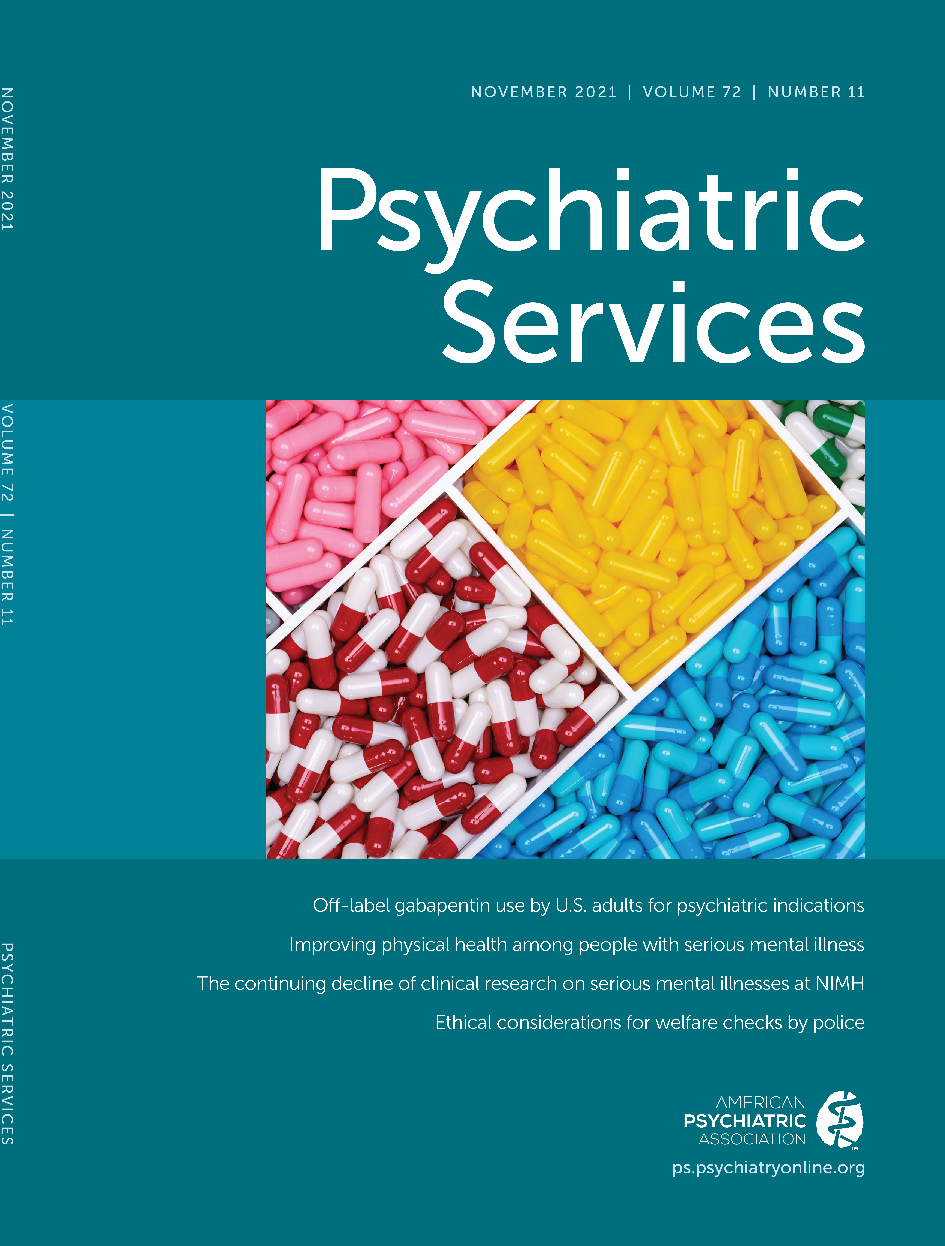Intentional Overdose Prevention in the Era of the 90-Day Prescription
IN REPLY: We are grateful for Dr. Cusimano’s correspondence and the opportunity to further this discussion. Given the lack of data on risks posed by 90-day medication supplies to suicidal patients, we can appreciate why Dr. Cusimano and others might feel that regulatory restrictions to address these potential risks would be premature. However, given the plausibility of increased risk of suicide from large medication supplies, we believe that some action—not necessarily regulation—is required to address this issue now.
We agree that enhanced risk-mitigation efforts, such as prescribing psychotropics that are less dangerous than others in overdose, are warranted. Although not an immediate remedy, psychiatric residency education programs might benefit from more didactics focused on psychotropic medication supply and suicide risk to improve this patient safety strategy. Dr. Cusimano’s suggestion that clinicians consider alternatives to pharmacotherapy for patients at risk for suicide by overdose makes sense in theory. However, in practice, accessing effective nonpharmacologic treatments, such as psychotherapy, electroconvulsive therapy, and transcranial magnetic stimulation, to address depression or suicidality is often limited in many settings. This unfortunate reality leaves many clinicians with few options beyond medications for these patients.
In situations where decisive or convincing data are lacking, we believe that prudent action by involved parties is preferable to wide-reaching regulation, which can have unforeseen consequences. We do not believe that the 90-day supply should be eliminated, but rather that prescribers should maintain control over quantity of medication prescribed to high-risk patients. Because health insurers and pharmacy benefit managers (PBMs) are the stakeholders primarily advocating for 90-day supplies, we believe they should take the lead on this issue by implementing an easy process that enables clinicians to quickly gain exemption from 90-day supply coverage requirements for at-risk patients. Developing a simple, rapid online prior authorization system seems a justifiable expectation of organizations whose primary mission involves improving their customers’ health. When considering these organizations’ vast profits, particularly during the pandemic (1, 2), such an expectation seems a small price to pay for patient safety.
In 2012, the American Psychiatric Association issued a position statement (3), reissued in 2020, arguing that PBMs should offer physicians “flexibility in determining when dispensing of an entire 90-day supply of a medication is clinically dangerous and should offer alternatives that would enable dispensing a 90-day supply in multiple shipments without financial penalty [to patients].” Disappointingly, this guidance has gained little traction with industry, and unfortunately, regulation will likely be necessary to address the issue should future data confirm our suspicions about potential risks of 90-day medication supplies for suicidal patients.
1. : US health insurers report billions in first quarter as small providers face stress. Guardian, May 8, 2021. https://www.theguardian.com/business/2021/may/08/us-health-insurance-companies-2021-first-quarterGoogle Scholar
2. : Pharmacy Benefit Management Market 2021 Size, Share, Growth, Trends, Analysis, Competitive Analysis, Forecast Report 2020–2027. Yahoo! News. Jan 28, 2021. https://www.yahoo.com/now/pharmacy-benefit-management-market-2021-113700327.htmlGoogle Scholar
3.



